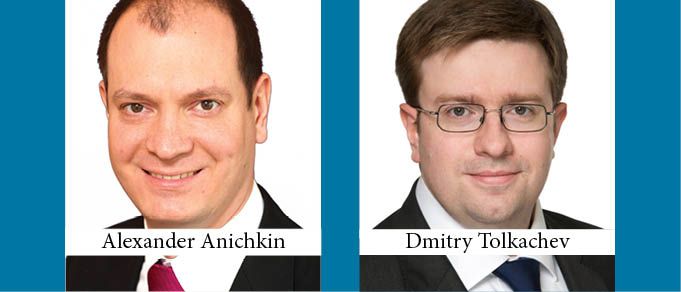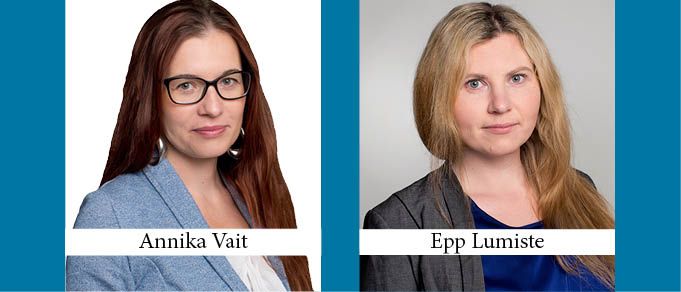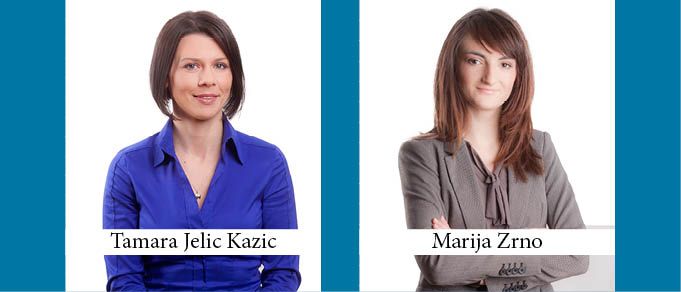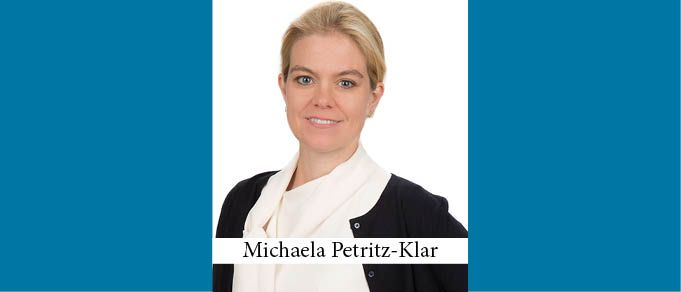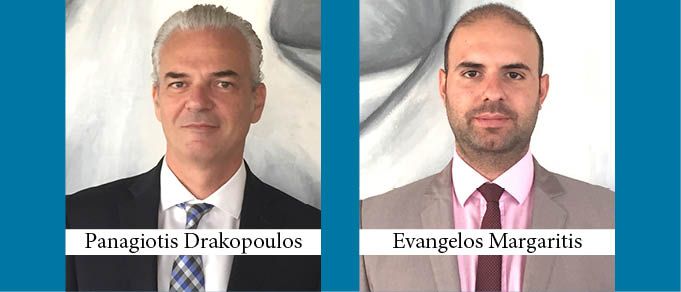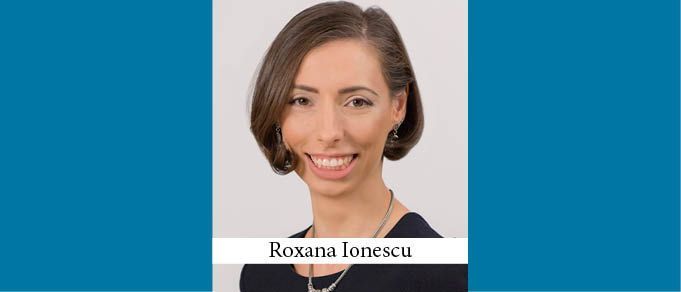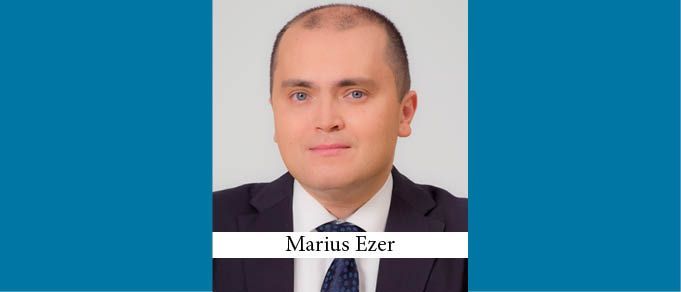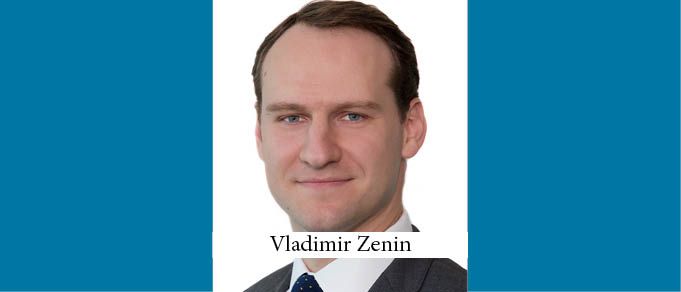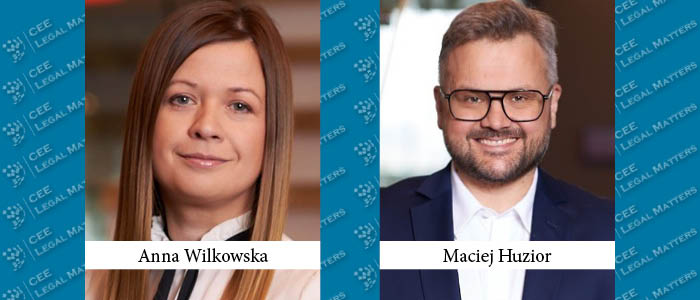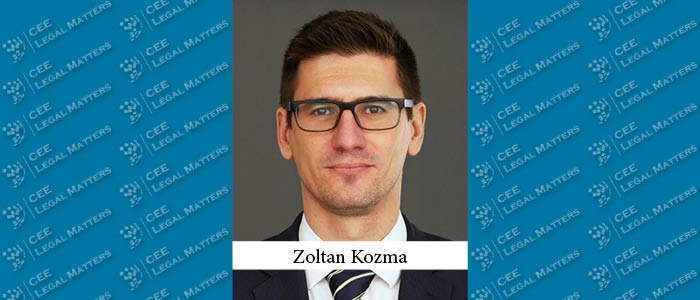The Russian tax landscape is going through a period of transformation. The average value of assessments as a result of tax audits is increasing and taxpayers are losing more disputes. Various changes to the tax laws have acted as a contributing factor. The introduction of the anti-abuse concept of “beneficial ownership” in domestic legislation, the development of tax residency and CFC rules, and the enactment of new thin capitalization rules are just a few of the recent changes that are already having an impact on taxpayers in Russia.
Simplified Entrepreneurial Income Taxation Act Creates a New and Innovative Taxation Option in Estonia
On January 1, 2018, a new taxation act will enter into force in Estonia – the Entrepreneurial Income Simplified Taxation Act (hereinafter the “Act”). From an IT point of view, the Act will create a new and innovative automatic mechanism for natural persons in the calculation and payment of taxes. The main concept of the Act is that natural persons can set up an entrepreneurial income bank account, where the taxation amount is calculated automatically and transferred to the Tax Authority without the natural person having to physically make or authorize any transfers. However, use of this new account may be limited in practice.
Tax Effects of Unfair Trading
Unfair trading is often referred to as the cause of crisis in various sectors, holding down small and medium enterprises. In practice, unfair trading is sometimes improperly confused with predatory pricing or distortion of competition. Unfair trading may also trigger serious tax implications.
Proposal for Temporary Approach to Taxation of Virtual Currencies in Slovakia
In 2008 Satoshi Nakamoto published a white-paper outlining electronic cash peer-to-peer transactions known as Bitcoin, the first virtual currency based on a technology known as blockchain. Virtual currencies present a new digital asset class that is still in a grey area in terms of defining the actual asset. This creates difficulties and uncertainty in the area of taxation of profits arising from the owning, holding, or disposing of the given assets.
Recent Developments in Austrian Tax Law
Increase in R&D Premium
Quasi-Judicial Tax Recourse: Saving Time (and Money) in Disputes with Tax Authorities
Almost four years ago, under pressure from its European partners and the IMF exercised by means of economic adjustment programs and loan agreements broadly known as “memoranda,” the Greek State adopted a new tax procedural code.
Expat on the Market: Interview with Bruno Leroy of Leroy si Asociatii
French lawyer Bruno Leroy is the Founding Partner of the highly-regarded Leroy si Asociatii law firm in Bucharest. Leroy, who is a member of the Paris and Bucharest Bar Associations, has been working in Romania for almost twenty years, specializing in M&A and real estate transactions and on sensitive European law and competition matters.
Data Privacy: Facing the GDPR Challenge in Romania
On July 29, 2017, a new regulation regarding the reception of construction projects (the “New Regulation”) was enacted by means of Government Decision no. 343/2017. The New Regulation, which replaced the former procedure (which was regulated by Government Decision no. 273/1994) in its entirety, provides a number of notable changes impacting the real estate and construction industry in Romania.
New Regulation Regarding the Reception of Construction Projects in Romania
On July 29, 2017, a new regulation regarding the reception of construction projects (the “New Regulation”) was enacted by means of Government Decision no. 343/2017. The New Regulation, which replaced the former procedure (which was regulated by Government Decision no. 273/1994) in its entirety, provides a number of notable changes impacting the real estate and construction industry in Romania.
Perspectives in Fiscal Litigation in Romania
A number of modifications to Romanian fiscal legislation implemented on January 1, 2016, have had significant effects on both taxpayers and competent authorities. The most important of these modifications target the transfer pricing policies and the VAT payment mechanism and have had a direct effect on fiscal litigations.
Split VAT - To Be Or Not To Be
Romanian Government Ordinance no. 23/2017 regarding split VAT payment entered into force on October 1, with its provisions being optional until the end of 2017. On January 1, 2018, the Ordinance becomes mandatory.
Inside Out: The Mavi IPO
The Deal: On June 20, 2017, CEE Legal Matters reported that the Esin Attorney Partnership and Baker McKenzie had advised Turkven Private Equity, the Akarlilar Family, and Mavi Giyim Sanayi ve Ticaret A.S., the Turkish jeans and jeans-wear company, on Mavi’s IPO, with White & Case advising underwriters Bank of America Merrill Lynch, Goldman Sachs, and Is Yatirim.
Inside Out: Lactalis’ Acquisition of Covalact Dairy Producer from SigmaBleyzer
The Deal: In July 2017, CEE Legal Matters reported that Romania’s Leroy si Asociatii law firm had advised France’s Lactalis group on its acquisition of Romania’s Covalact S.A. dairy producer from the SigmaBleyzer private equity firm, with Schoenherr advising SigmaBleyzer on the deal.
Not Convinced: Romania’s Lawyers Worry That Economic Indicators Paint a Misleading Picture
Although Romania claims the highest GDP growth rate in Europe and a low unemployment rate, all is not rosy in the seventh most populous member state of the European Union, and prominent lawyers in the country admit to profound dissatisfaction with the country’s leadership and concern about its long-term prospects.
Guest Editorial: Proper Legal Representation Critical for Romanian State-Owned Companies in International Arbitration
Recent years have seen a remarkable increase in the number of international arbitration disputes involving Romanian parties. In light of its flexibility, of the freedom parties have in constituting the arbitral tribunal and choosing the seat and language of the arbitration, and the perceived speedy and effortless enforceability of arbitral awards, international arbitration has become a widely-used dispute settlement mechanism.
Marketing Law Firm Marketing: Your Last Job
Law firm marketing and business development experts apply skills honed over many years and often in other industries. To explore their backgrounds, we asked them: What was the last job you had before joining a law firm, and why did you make the change?
Guest Editorial: Who Are You, Mr. Mentor?
I vividly remember my first deal ever. It was a debut Eurobond from a Russian corporate after the financial crisis in 1998. I was interning in the “summer boot camp” of a major ILF in Moscow right after the fourth year of my law studies. A first grip at a due diligence exercise, trying to understand what it was like to be a lawyer in private practice – not least to see if I actually wanted to be one.
Editorial: Ever More Bang for Your Buck!
Every October, for some reason, even as we lunge for the end of the year like a marathon runner approaching the tape, we find ourselves overcome with the urge to increase our output, expand our platforms, and grow our company. Last year, for instance, we decided the time had come to move to a monthly from a bimonthly publishing schedule.

